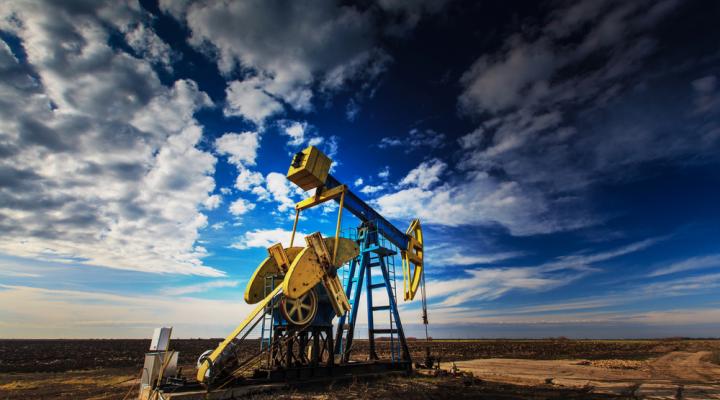Commodities
Crude oil stabilizes; set to record a positive week

Oil prices stabilized Friday after the previous session’s sharp gains, and are set to break a two-week losing streak on optimism about crude demand from Chinese refineries as well as a weaker dollar.
By 03:45 ET (07:45 GMT), U.S. crude futures traded 0.1% lower at $70.55 a barrel, while the Brent contract fell 0.1% to $75.61 a barrel.
Both benchmarks soared 3%, the biggest jump in six weeks, on Thursday, putting them on course to register gains of around 1% this week, breaking a two-week losing run.
These gains came after data released Thursday showed that China’s oil refinery throughput in May rose 15.4% from a year earlier, its second highest total on record.
China’s economic recovery from its COVID hit has been stuttering, but these numbers suggest that demand from the country’s refineries for crude remains strong.
Helping the tone was the news that China’s central bank has cut a couple of interest rates this week. This suggests that Beijing is determined to prop up the economy and thus more stimulus is likely to boost activity in the world’s largest importer of crude.
Adding to the week’s optimism has been weakness in the US Dollar Index, which fell overnight to a five-week low versus a basket of other currencies on the back of some disappointing U.S. economic data.
The dollar is on track for its biggest weekly drop since January, making oil, which is denominated in dollars, cheaper for holders of other currencies.
That said, the crude market is still down over 10% since the start of the year, despite swinging cuts to output levels from a group of top producers, given persistent concerns over the global demand outlook, and with the strength of the U.S. economy, in particular.
The U.S. Federal Reserve paused its year-long rate-hiking cycle on Wednesday, as widely expected, but signaled the likelihood of two more rate increases this year.
This has raised fears that the U.S. economy, the largest consumer of oil in the world, will fall into recession in the second half of the year.
Additionally, the European Central Bank raised interest rates for the eighth successive time on Thursday and signaled further policy tightening ahead, while the Bank of England is likely to hike next week as it battles the highest level of inflation in the G7.
Higher interest rates ultimately increase borrowing costs for consumers, which could slow economic growth and reduce oil demand.
Numbers from Baker Hughes detailing the total of active oil rigs in the U.S. and positioning data from CFTC round off the week later in the session.
Commodities
Oil prices rise; U.S. crude inventories plunge, Russia-Ukraine truce eyed
Commodities
India’s Reliance to stop buying Venezuelan oil over US tariffs, sources say
Commodities
Oil prices climb on Venezuela supply worries

 Forex3 years ago
Forex3 years agoForex Today: the dollar is gaining strength amid gloomy sentiment at the start of the Fed’s week

 Forex3 years ago
Forex3 years agoUnbiased review of Pocket Option broker

 Forex3 years ago
Forex3 years agoDollar to pound sterling exchange rate today: Pound plummeted to its lowest since 1985

 Forex3 years ago
Forex3 years agoHow is the Australian dollar doing today?

 Cryptocurrency3 years ago
Cryptocurrency3 years agoWhat happened in the crypto market – current events today

 World3 years ago
World3 years agoWhy are modern video games an art form?

 Commodities3 years ago
Commodities3 years agoCopper continues to fall in price on expectations of lower demand in China

 Economy3 years ago
Economy3 years agoCrude oil tankers double in price due to EU anti-Russian sanctions



































